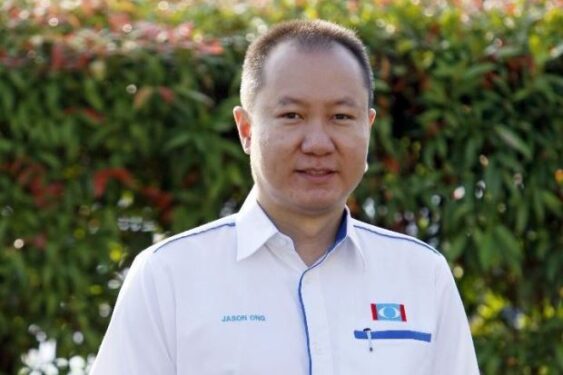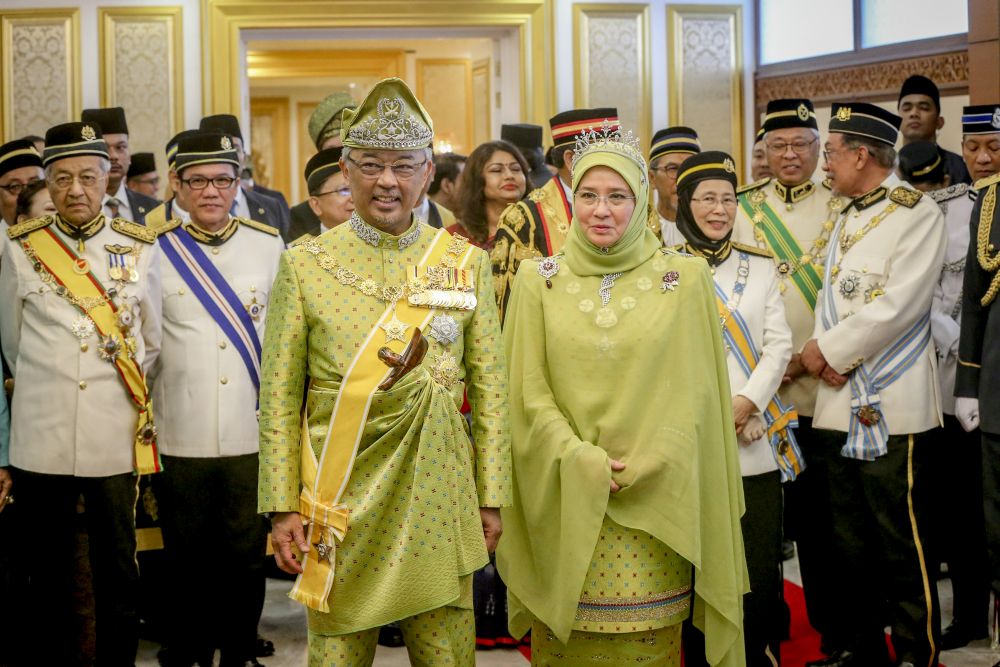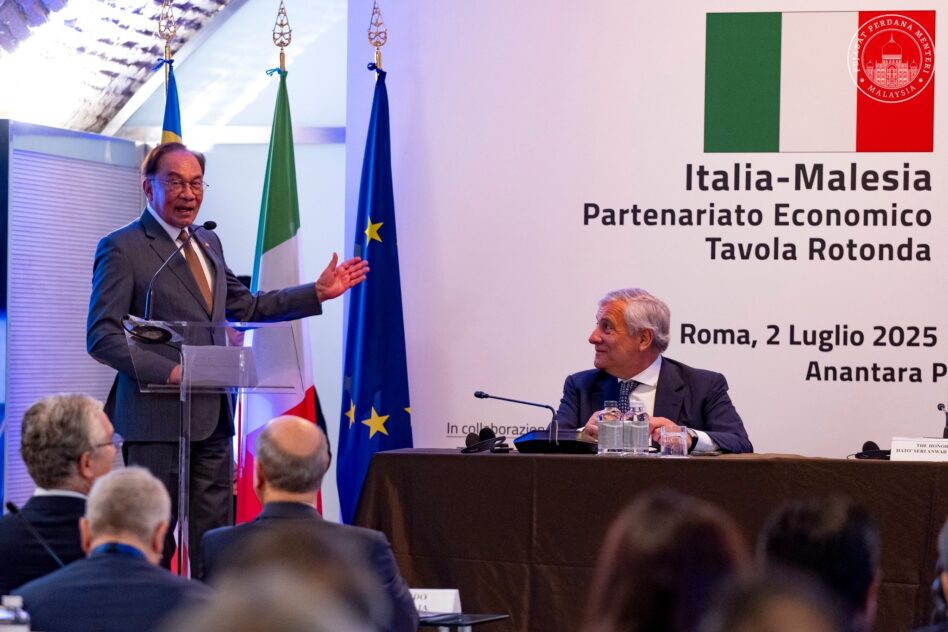THE recent comments made by Datuk Seri Anwar Ibrahim regarding the discretionary power of the Yang di-Pertuan Agong (YDPA) to pardon individuals convicted of a crime is that it rests with the King and is subject to certain qualifications.
According to Article 42(4)(a) of the Federal Constitution, the YDPA’s powers with regard to pardons are functions for which federal law may make provision under Clause (3) of Article 40.
This means that the YDPA has the ultimate discretionary power when it comes to granting pardons which is not limited to the advice of the Pardons Board.
Furthermore, Article 40(2) of the Federal Constitution provides that the YDPA shall act in accordance with the advice of the Cabinet or a Minister acting under the general authority of the Cabinet except in cases where the Federal Constitution requires the King to act in his discretion.
The power of pardon under Article 42(4)(a) is one of the discretionary powers conferred upon the YDPA by the Federal Constitution.
Therefore, the King has the power to grant a pardon in his sole discretion regardless of the advice of the Pardons Board.

To clarify further, Article 42(4)(b) states that the powers exercisable by the Ruler or Yang di-Pertua Negeri (Governor) of a State must be exercised on the advice of a Pardons Board constituted for that State in accordance with Clause (5). This provision does not apply to the YDPA.
Therefore, it is incorrect to suggest that the YDPA is bound to follow the advice of the Pardons Board.
It is important to note that the King’s discretionary power to pardon is not absolute and is subject to certain limitations. The YDPA must exercise this power in accordance with the principles of justice and fairness with the decision to grant a pardon be based on the merits of each individual case.
So far, the YDPA’s discretionary power to pardon has been applied through case laws such as Karpal Singh v Sultan of Selangor [1988] 1 MLJ 64 and Sim Kie Chon v Superintendent of Pudu Prison & Ors [1985] 2 MLJ 385.
Dato’ Seri Anwar Ibrahim’s statement regarding the Yang di-Pertuan Agong’s discretionary power to pardon is, therefore, accurate and in line with the provisions of the Federal Constitution. As Malaysians, we must ensure that we have a proper understanding of our Constitution and the powers it confers on our leaders. – April 11, 2023
Jason Ong Khan Lee is the PKR Penang’s Legal and Public Complaints Bureau chief and Kebun Bunga’s state assemblyman.
The views expressed are solely of the author and do not necessarily reflect those of Focus Malaysia.
Main pic credit: Malay Mail









